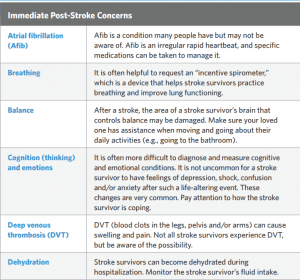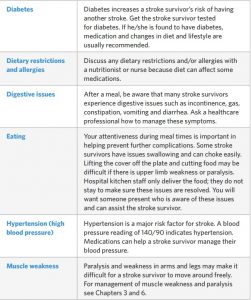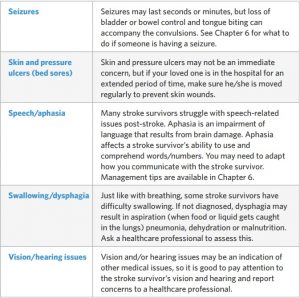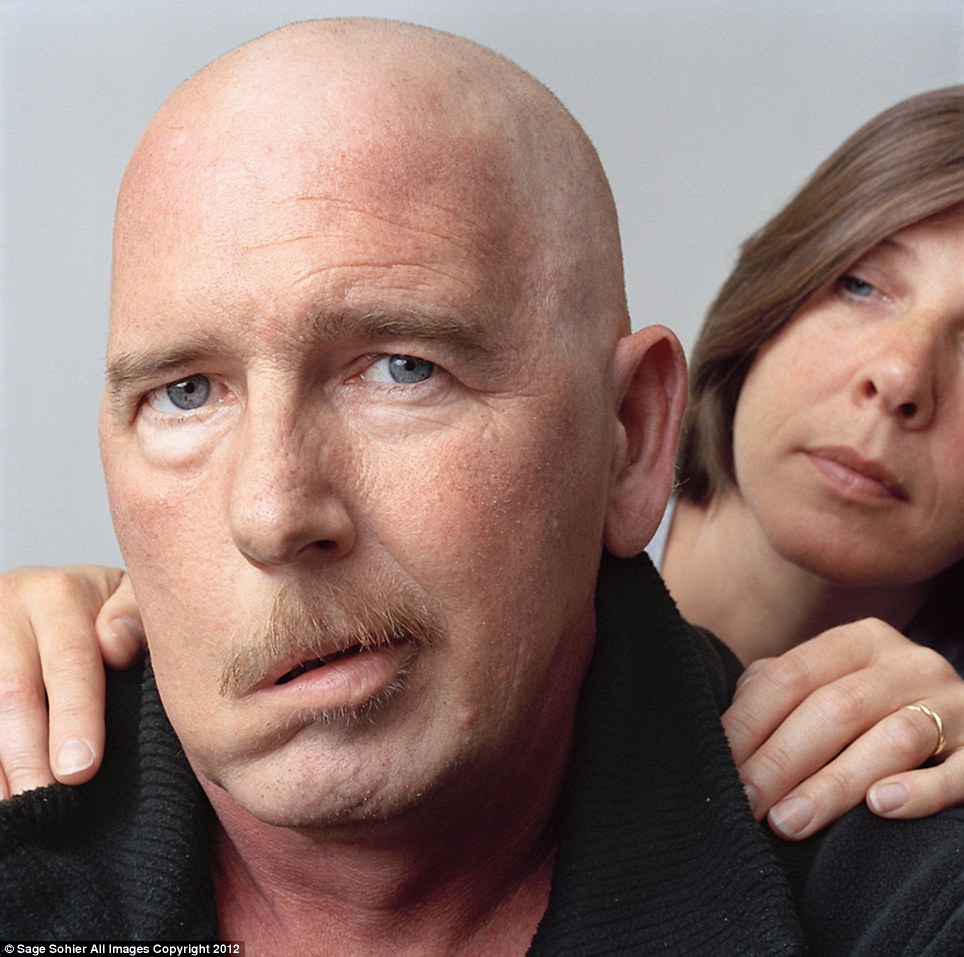 A stroke in the family can cause many shifts, whether it is relationship dynamics, finances, home modifications, or role changes. As a spouse, sibling, child, grandchild, or friend, you may be charged with new tasks, such as providing daily assistance and support, plus planning, and facilitating your loved one’s care. Because stroke is sudden and unexpected there is often little or no time to prepare. No matter when or how your role as a caregiver begins, it can be a challenging job that takes a physical, mental and emotional toll.
A stroke in the family can cause many shifts, whether it is relationship dynamics, finances, home modifications, or role changes. As a spouse, sibling, child, grandchild, or friend, you may be charged with new tasks, such as providing daily assistance and support, plus planning, and facilitating your loved one’s care. Because stroke is sudden and unexpected there is often little or no time to prepare. No matter when or how your role as a caregiver begins, it can be a challenging job that takes a physical, mental and emotional toll.
The guide will help you:
- Prioritize tasks and develop a plan for the stroke survivor’s care.
- Keep organized with resources, tools, templates and suggestions.
- Adapt to changing roles and relationships after stroke.
- Tips on how to prevent recurrent stroke.
WHERE TO BEGIN?
Stroke is an emergency and things happen quickly. There are a variety of issues that may impact the stroke survivor’s immediate recovery. Take note of any issues concerning the stroke survivor’s immediate needs. The following chart lists some common concerns, why they are important and what you can do about them.


You may be spending many hours or days at the hospital, depending on the health of your loved one. While this may be a stressful time, taking care of yourself will enable you to provide better care for your loved one. Remember to: • Eat and nourish yourself. • Rest, nap and shower—See whether the hospital has an area for your use. • Exercise—Go for a walk to relieve stress and clear your mind.

